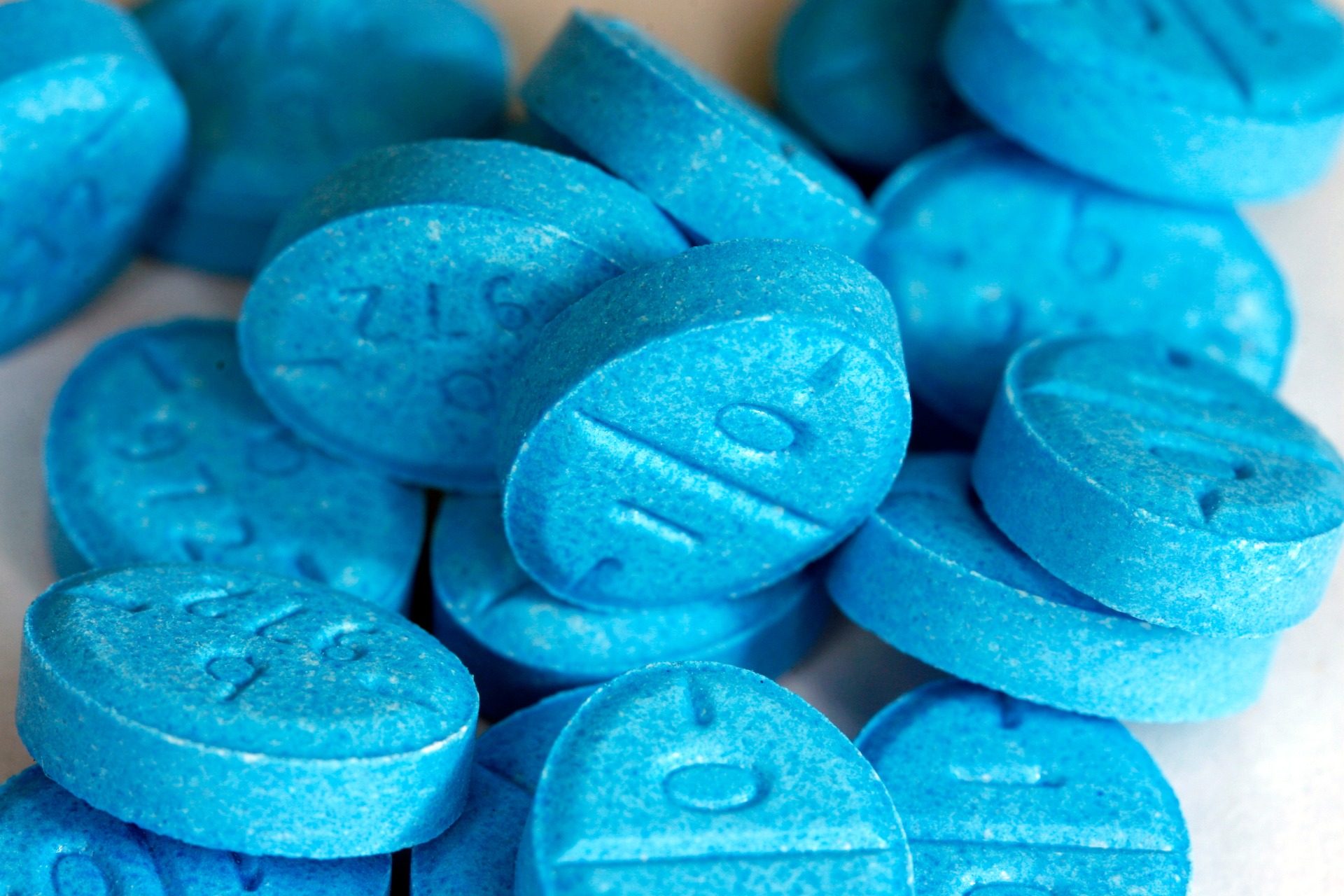Our dedication lies not just in treating symptoms but in addressing the root causes, offering a holistic approach that integrates the best of therapeutic practices with the warmth of community support.
Adderall for Studying: A Closer Look at the “Study Drug”

Students who are adapting to college do not always have the easiest time. The hustle and bustle of college life is a far cry from the high school days. For many, the pressure of socializing and keeping up with academics has led to the misuse of many prescription stimulants like Adderall. The uptick in students using Adderall for studying is more dominant than ever before. Just like other substances, the potential for developing an Adderall addiction disorder is likely. What’s even more concerning is that a majority of these students are using the substance without a prescription. In this article, we will discuss the impact of Adderall on the body, why it’s used as a “study drug”, and the risks that come from repeated misuse. The most important question to ask, though, is Adderall addictive?
What is Adderall and Is Adderall Addictive?
Adderall is a prescription medication that combines amphetamines and dextroamphetamines. It is a stimulant that is often used to treat ADHD and narcolepsy. When used correctly, Adderall can significantly improve attention, focus, and reduce impulsivity. In fact, about 75-80% of youth with ADHD see an improvement in symptoms when using the drug as intended.
So, what contributes to these outcomes?
At the neurological stage, Adderall will bind to norepinephrine and dopamine receptors in the brain and will also bind to the epinephrine receptors in the adrenal gland. These receptors are responsible for the increase of the “feel-good chemicals” in the brain. However, this is how many of the issues with Adderall use come about. Dopamine naturally occurs in our bodies and healthy amounts of it are fine. Yet, Adderall will produce unnaturally high levels of the receptor, causing many users to continue to misuse the drug to recreate those “feel-good” feelings. So, is Adderall addictive? The increased dopamine levels certainly can contribute to it being an addictive substance.
People who are prescribed users of Adderall can also certainly misuse the drug, but recent research has indicated that many college students without ADHD reported using Adderall for studying to augment their cognitive functioning. There are several reasons for Adderall misuse, but the most common stem from parental pressure or peer pressure. A majority of students face immense pressure from their parents to excel in all of their classes with high marks. Because of the constant pressure, students could resort to any means necessary to meet their parents’ expectations. Conversely, students in an attempt to be accepted by their peers, will use Adderall to fit in. Yet, these factors are not the only reasons for misuse.
Students could also misuse the substances for the following reasons:
- Staying sharp during exams
- Maintaining energy and focus levels for school work
- It helps them stay awake while partying
- It combats the side effects of other substances
Adderall for Studying: Is it even Effective?
Adderall is colloquially referred to as the “study drug” across many college campuses in the U.S. Students and young professionals who use it without medical supervision, are doing so to heighten their focus and increase their level of productivity. It’s become a growing concern on many university campuses. 1 in 5 students use Adderall for studying, believing it will help them. They are also using it under the guise that prescription drugs are far less dangerous than illicit drugs sold on the market–but as we know, this couldn’t be further from the truth. Many students would have benefited from asking “is Adderall addictive?” before they started using it and ramping up their use. The effects and consequences of repeated Adderall misuse can be just as hazardous as misusing illicit street drugs. So even though Adderall might work temporarily for studying, there are many risks from using the substance.
When using it for academic purposes, stimulant-abusers claim the drug helps them stay awake and fully engaged before a big exam. As the effects begin to taper off, individuals will begin to experience a comedown, similar to what occurs with other drugs. It is during these moments that one can begin to feel the adverse effects of depression and anxiety, which counteracts the efficacy of Adderall. Dependence for Adderall can quickly develop, and tolerance will also occur over time. Anyone that has developed a tolerance to a drug will need to take higher doses of it to achieve the same effects. After some time, the drug may have a reduced effect or not work at all.
Is Adderall Addictive? Signs of Adderall Addiction, Misuse and Dependence
Adderall addiction suggests that you are using the medication for something other than what it is intended for! Many students mistakenly take the drug and believe that it is no more dangerous than taking other substances that elicit similar effects (i.e., coffee). Its potency and harm-inducing effects are on another level, so it would be nonsensical to compare it to other stimulants, even if they produce similar outcomes.
To tell if someone is misusing Adderall, look for the following signs:
- If an individual uses someone else’s prescription
- Uses a higher dose than what was prescribed
- Snorts, injects, or smokes the pills
- Mixing it with other substances
- Uses them to get intoxicated or to keep up with school demands
- Taking risks to get ahold of the drug
- Lack of appetite
- Has irregular heartbeat
- Feeling uneasy
Physical Side Effects of Adderall
Stimulants like Adderall can elevate heart rate, body temperature, and blood pressure from improper use. When used in high doses, it can also lead to many other serious medical issues like seizures or heart attacks. The muscles in the heart can even be weakened with prolonged stimulant abuse, furthering the risk for complications. Brain changes could likely occur as well.
Is Adderall Addictive? When Used Outside Its Purpose, Yes
Adderall is a strong stimulant that is designed to treat conditions like ADHD and narcolepsy. Many who don’t need the medication often believe they can reap the same benefits from those who do need it. But as evidenced by the above-mentioned points, the opposite effects will occur from continued misuse. The widely prescribed drug is destigmatized in its casual use by how widespread it is. However, it is a prescription drug for a reason.
Overcoming your Adderall dependence is not something you should do on your own. Encore Outpatient Services offers many evidence-based treatment approaches that are designed to address every facet of addiction. To learn more about how our compassionate team of addiction professionals can help you, contact us today!
Let Us Support You On Your Recovery Journey!
Copyright 2025 Encore Outpatient Services | All Rights Reserved



